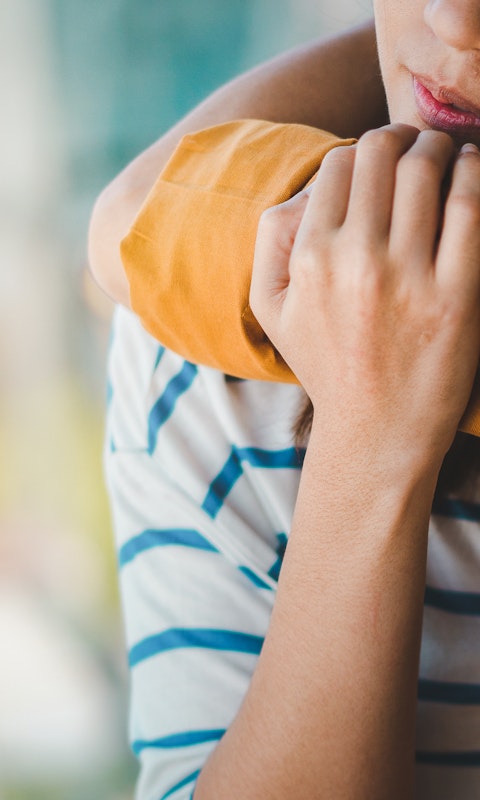
 Support us
Support us

As ongoing COVID-19 restrictions leave many families feeling cooped up and stressed, people caring for someone with symptoms of depression or anxiety need support more than ever. Everymind and the University of Newcastle are responding with the trial of a new online program aiming to provide better care for carers.
Everymind researchers are recruiting participants from across Australia over the next two weeks to undertake the Minds Together program and complete several short surveys that will help inform the development of future wellbeing resources.
“The program has been specifically designed to support the mental health of carers of people with depression or anxiety symptoms,” says Elloyse Saw, a PhD candidate who is overseeing the study.
“While caring can be very rewarding, it is sometimes like that feeling at Christmas time where you need to buy someone a gift but you don’t have any money. Carers are emotionally spent, at times, but still feel like they need to continually give.
“We know that there is little existing support for those caring for someone with symptoms of depression or anxiety, which is why we developed the Minds Together program.”
Uniquely, Minds Together uses a COVID-safe online format at a time when face-to-face mental health services are generally more difficult to access.
The non-clinical program also caters for carers in the community supporting someone with undiagnosed symptoms of depression or anxiety. Research shows there are many people living with undiagnosed symptoms of these conditions that still have a significant impact on individuals and their carers.
“The program focusses on prevention, rather than clinical support,” Ms Saw explains. “People just need to be aged 16 years or older, living in Australia and supporting someone with depression or anxiety.”
Feedback from previous participants has highlighted the importance and need for the Minds Together program: “Our family situation has been difficult with COVID,” one mother wrote. “My daughter has had high anxiety that has impacted her daily life. We all have anxiety about COVID, and there is extra pressures from working at home.”
Another respondent said: “It allowed me to actually admit to myself, and in writing, that there are times when I’m angry with my daughter, which is something that has never been allowed to me as a carer … I’m 60, this is my retirement, this is what my life is, and so your program gave me so much.”
Along with the online program, an additional social support forum will be offered to half of the study participant group, with selection being randomised. “The online social forum is an opportunity for carers to chat with others in similar situations, who relate to their experiences. It is aimed at helping carers to better cope at home while also feeling socially connected,” Ms Saw adds.
While the study is not expected to cause distress, participants who require immediate support or advice are reminded to reach out to one of the following agencies:
Lifeline
24/7 national telephone crisis counselling service and online counselling. Ph. 13 11 14 or go to: http://www.lifeline.org.au/Get...
Beyond Blue
24-hour telephone support and online chat service and links to local services. Ph: 1300 224 636 or go to: www.beyondblue.org.au
Head to Health
Go to: www.headtohealth.gov.au
Carer Gateway
Call for support and services, including emergency respite. Ph: 1800 422 737 or go to: https://www.carergateway.gov.a...
Published: 8 September 2021